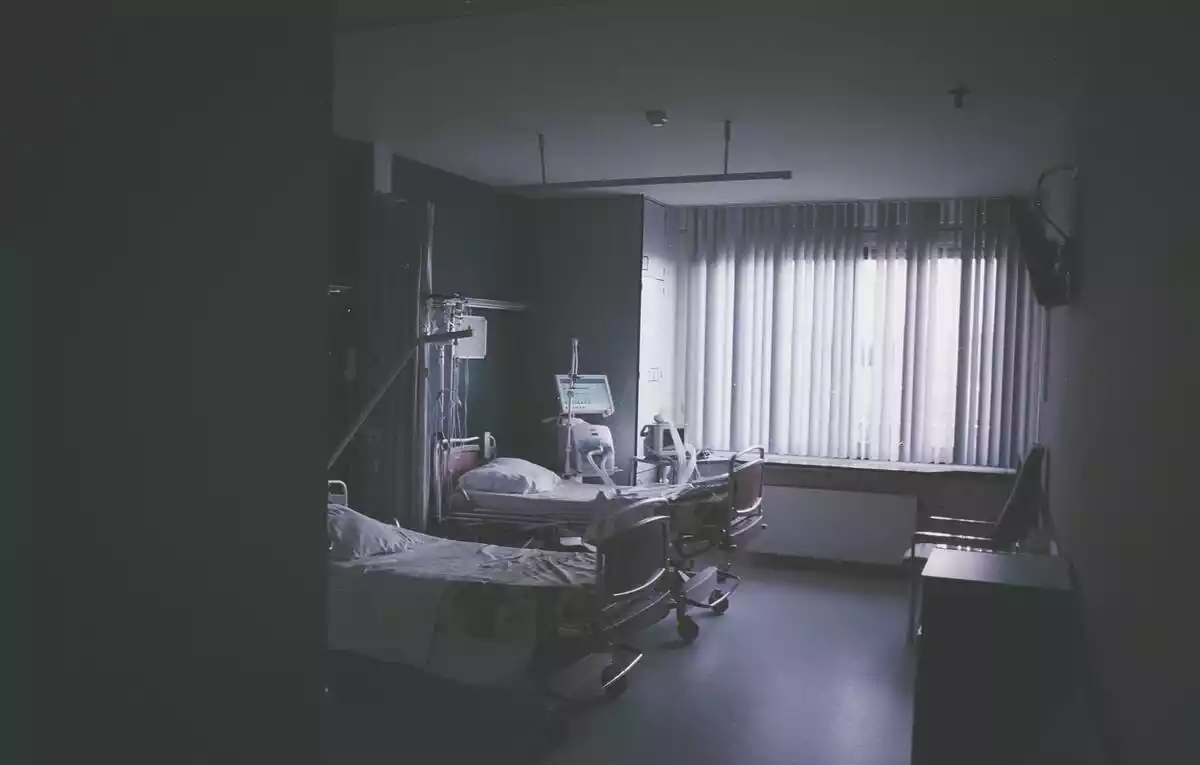The hope of all the patients who are diagnosed with cancer is limited for now to the treatments we already know, but worldwide research is bringing the possibility of preventing tumor replication closer.
Researchers at Mount Sinai Hospital in New York have developed a vaccine against cancer, and according to initial results, it is safe and has potential benefits. So far it has been successfully tested in lung and bladder cancer patients.
The researchers presented the results of the clinical trial at the 2021 Annual Meeting of the American Association for Cancer Research (AACR). Thomas Marron, head of the trials, explained that "Cancer vaccines, which typically combine tumor-specific targets that the immune system can learn to recognize and attack to prevent recurrence of cancer."
This is an important leap in quality in this type of treatment, since "While immunotherapy has revolutionized the treatment of cancer, the vast majority of patients do not experience a significant clinical response with such treatments". In contrast, the vaccine "primes the immune system to maximize the efficacy.".
Dr. Marron has led a team of scientists who have worked very hard to come up with a personalized cancer vaccine. Their task has been to sequence tumor DNA and identify the specific target of the patient's tumor to see if the vaccine can help the immune system recognize and attack it.
They have done this thanks to a computational technology called OpenVax, which has made it possible to identify and prioritize the necessary immunological and genetic material, synthesize it and incorporate it into the vaccine. Thanks to this vaccine, the immune system will be able to identify the alterations that cause cancer to reappear and counteract them.
In the trial phase, it has been tested on lung and bladder cancer patients, two of the most likely to relapse. After routine cancer treatment such as surgery or bone marrow transplantation, the patients received ten doses of the vaccine over a period of six months. In parallel, they were given an adjuvant to stimulate the immune system and make it more effective.
Promising results in phase 1
Until recently, cancer vaccine research focused on patients with advanced or metastatic cancer. But scientific evidence has shown that immunologic treatments are more effective in small cancers, and so a vaccine has been developed that is administered after ordinary treatment when there is a residual presence of cancer.
This opens the way to a safe and personalized cancer vaccine that could be used for some specific tumors. The results of the trial are promising. Thirteen patients received the vaccine, ten with solid tumors and three with bone marrow cancer. After 880 days (two and a half years), four patients were still without evidence of cancer, four were undergoing further treatment and four had died. One decided not to continue with the trial.
The aim of the first phase of trials is to see if the vaccine is safe, and so far the results are satisfactory as the vaccine was well tolerated, and only one-third of the patients had mild adverse effects. The next step will be to demonstrate efficacy, although early evidence shows potential benefits. One of the patients showed an immune response to the vaccine and two others experienced a good response to subsequent immune treatments.
This is certainly good news that encourages researchers to continue working to improve the vaccine and move forward in clinical trials. If the trials progress well, the vaccine could see the light of day soon and would be a very useful therapy for patients undergoing surgery or transplant.
[This is a translation of the original article "La vacuna contra el cáncer es segura y muestra potenciales beneficios" published in espanadiario.net]

